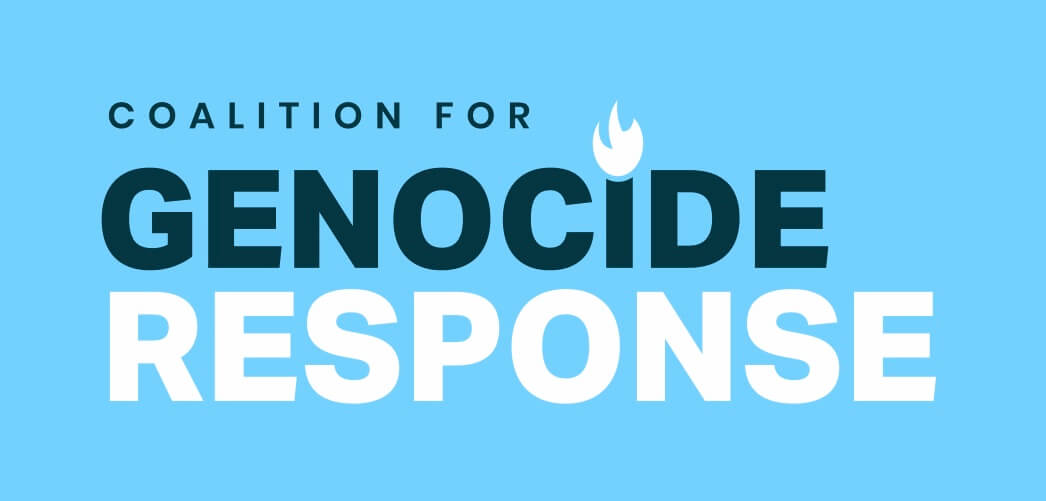On 9 February 2021, the UK Government avoided defeat at the House of Commons (by 318 to 303) after the Genocide Amendment to the Trade Bill was grouped with another amendment and subject to one vote for both. The results also comes hours after media outlets reported that some Tory MPs have been subjected to pressures to comply and vote against the Genocide Amendment or face consequences.
The Genocide Amendment enables the High Court to consider and make a preliminary determination of genocide in cases where the UK’s trading partner stands accused of committing genocide. Where the High Court makes the determination of genocide, it would refer the trade deal back to Parliament to have the final say and the Government to act upon. Read more here.
The Genocide Amendment would have led to the UK taking control over its genocide determination and fulfilling its duties under the UN Convention on the Prevention and Punishment of the Crime of Genocide (the Genocide Convention). The Genocide Amendment would make the UK the first country in the world to allow genocide determination being done by a domestic court and fully divorced from political considerations.
The Genocide Amendment is to go back to the House of Lords as ping pong continues.
While the result of today’s political game is highly disappointing and does not give much hope that the UK Government is taking the issue of genocide seriously, the Genocide Amendment has been uniting many fronts to send a clear message that we cannot trade with states committing genocide.
We need to put victims of genocide first, not states trading genocide. We need to care for the victims of genocide, not the diplomatic relationship with states perpetrating genocide. The choice is not between what is right and ‘righter’; the choice is between what is right and what is wrong. Trading with states perpetrating genocide and doing business as usual is pure wrong.

